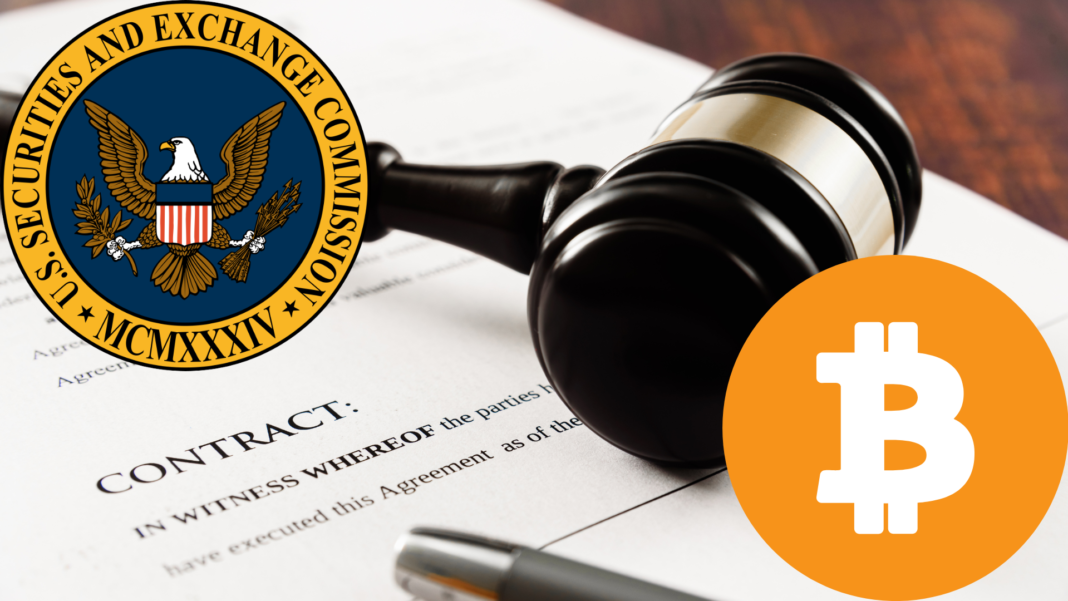The SEC staff has eagerly embraced opportunities to work with the crypto industry. Commissioner Hester Peirce, head of the agency’s crypto task force, expressed optimism about the policy discussion.
The agency convened its inaugural roundtable to explore legal challenges in classifying crypto assets under federal securities laws. The roundtable highlighted the long-standing debate around the Howey test and its application to digital assets.
Participants discussed these complex issues while aiming to create a workable regulatory framework.
Roundtable Discussions and Legal Perspectives
The Crypto Task Force hosted its first roundtable with experts, lawyers, and market participants. A note from the SEC welcomed panellists to discuss the intricate legal issues regarding crypto classification.
The discussion mentioned the legacy of Satoshi Nakamoto’s white paper on Bitcoin, which still influences policy debates today. Experts shared insights on applying the Howey test to new digital assets and explained differences in court interpretations.
The panel provided valuable perspectives on whether digital assets should be treated like traditional securities.
Diverse Opinions from the Crypto Community
Mark Uyeda, the acting chairman of the SEC, told reporters that the agency is examining multiple tracks for crypto policy interpretation. He mentioned that staff statements issued so far lack legal backing and are part of ongoing discussions.
During the roundtable, a dozen securities attorneys from the crypto industry weighed in on challenges faced by early-stage projects. Moderator Troy Paredes questioned panellists about the biggest obstacles when determining securities laws for crypto.
Sarah Brennan from Delphi Ventures noted that many early-stage projects choose to remain private much longer to avoid regulatory scrutiny.
Legislative and Enforcement Challenges
The discussion at the roundtable brought forward the challenges that arise from applying a nearly seventy-year-old legal test to modern digital assets.
Panelists debated whether the test should require investors to pool their funds or merely share risks with promoters. They also discussed whether investment contracts need extensive managerial efforts after the sale.
These debates underscore the uncertainty that has long surrounded crypto regulation. The SEC’s approach of using notice-and-comment rulemaking may help clarify many of these long-standing issues.
Governmental and Industry Cooperation
The SEC’s initiative signals a willingness to engage openly with the crypto community. The agency is ready to seek a practical regulatory framework that meets market needs.
This collaboration is seen as essential for providing guidance instead of relying solely on enforcement actions. Both government officials and industry leaders agreed that the new discussions represent a vital step toward policy clarity.
Senior lawmakers, including Sen. Elizabeth Warren and Rep. Jake Auchincloss, have also questioned the SEC about its evolving policy statements.
The SEC is actively working to build a clear framework that balances innovation with investor protection and market stability. Each expert at the roundtable contributed thoughtful insights into how digital assets should be regulated.


